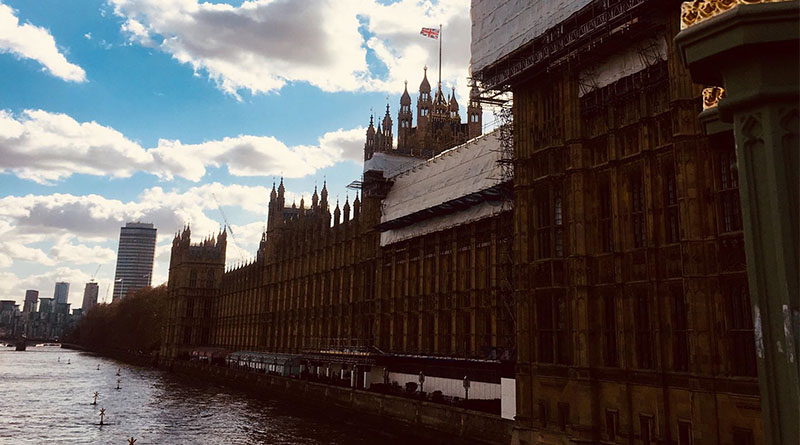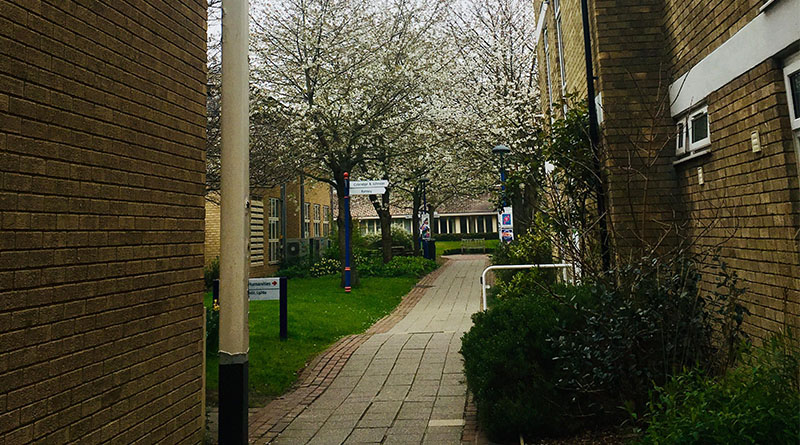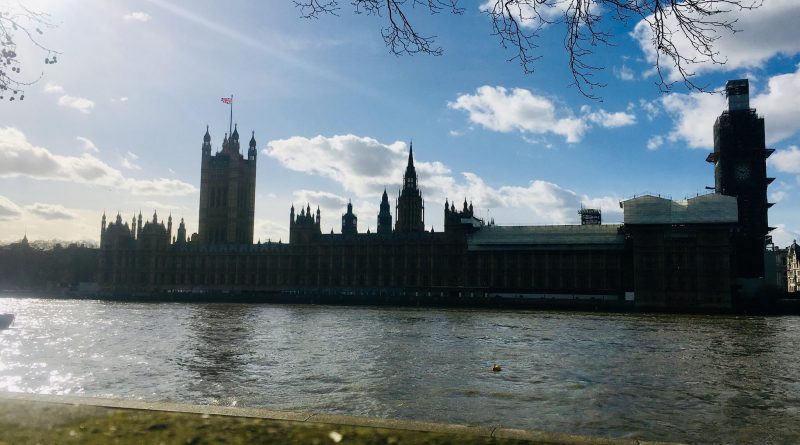Explained: EU students and Brexit
With Brexit getting evermore complicated as the House of Commons fail to reach a decision on a divorce agreement, the question of the status of EU nationals – including students studying here in the UK – has no doubt been a complicated one to answer.
Universities have been clear that EU and non-EU internationals are always welcome to study in the UK, though the future of Brexit talks and the outcome of different deal scenarios could complicate their positions and ease of travel to and from the UK.
The government has left detailed instructions on what nationals and non-EU international students should do in different Brexit outcomes such as with a deal or without one. It states that if we leave with a deal, nationals should apply for a visa between now and 31st of December and if we leave without a deal, then the rules a regulation surrounding travelling and working in the UK will change on April 19th 2019.

It was decided as of 28th of January 2019 that anybody who arrived to work or travel in the UK after this cut-off date in April,will only be able to stay without a visa for a period of only three months, and if they apply for a European temporary leave to Remain, they can stay for three years more.
This can be extended by applying for a skilled based immigration system, set up by the Home Secretary Sajid Javid, which will go in effect from 2021. EU nationals who are in the UK at the moment will continue to have settled status until the 21st of December 2020. This date is a deadline for EU families who live in the UK to apply for settled status, if not then they will need to apply through the afore mention European temporary leave to remain system.
It will most likely be the case that EU students will need to apply for student visas in order to be able to study in the UK, especially if they are applying after 2019 or 2020 depending on how the UK ends up leaving the EU.

Currently the majority of overseas students studying in the UK (255,785) are taking an undergraduate course in the UK, 104,555 of these are first years and 151,145 students are studying in the higher years.
But the EU national students support webpage Study EU outlines several different scenarios that could occur in different Brexit outcomes. For example, it explains that Brexit will most likely not have any direct effect on those considered international students at all. For example, if the UK were to remain in the European single market then EU students will most likely carry on being regarded as British citizens and will be treated as such in regards to settled status, job finding and also travelling between the UK and Europe. This would also mean that EU students, in this situation, could be charged lower tuition fees.
However, in the opposite scenario in which the UK leaves without a deal, it is speculated that EU students studying in the UK would be treated the same as non-EU international students, which could mean that they possibly would need to pay higher tuition fees. This would also apply to UK students who are planning to study in within the EU.

This is still currently speculation – especially regarding the tuition fees. A different scenario in terms of a hard Brexit could also see the pound drop in value, which would lead to universities drastically dropping their fees to keep up, thereby leading to a short-term drop-in tuition fee all around.
It will be especially important for oversea nationals who are planning to study in the UK to check the websites of the universities or colleges they are applying to. The UK government is also encouraging people to keep checking the .gov website for further updates as the situation in parliament is constantly changing. They also encourage EU nationals to keep their passports up to date, buy travel insurance, check if they need a visa etc. The government’s advice on this subject has helped to alleviate the anxiety held by many EU nationals about their positions as students in the UK.
